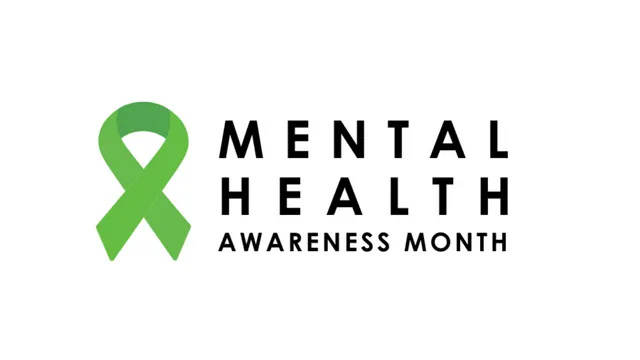In a world that often celebrates independence and self-reliance, asking for help can sometimes feel like an admission of weakness. However, when it comes to mental illness, reaching out for support is not only an act of courage but also a crucial step towards healing and growth. In this blog post, we’ll explore the importance of asking for help when dealing with mental health challenges and provide guidance on how to navigate this journey.
Breaking the Stigma
The stigma surrounding mental illness has long prevented many from seeking the help they need. It’s vital to recognize that mental health struggles are not a sign of personal failure or weakness but are instead a common human experience. By breaking the silence and openly discussing mental health, we can chip away at the stigma and create a more supportive environment for those in need.
Recognizing the Signs
One of the first steps in asking for help is recognizing the signs that you may be struggling with your mental health. These signs can vary widely and may include changes in mood, sleep patterns, appetite, or behavior. It’s essential to pay attention to these signals and acknowledge when they indicate a need for support.
Choosing the Right Support System
When reaching out for help, it’s essential to surround yourself with a supportive network of friends, family, and professionals. This support system can provide encouragement, understanding, and guidance as you navigate your mental health journey. Whether it’s through therapy, support groups, or trusted loved ones, finding the right people to lean on can make all the difference.
Overcoming Fear and Shame
Asking for help can be intimidating, especially when shame and fear are involved. It’s natural to worry about how others will perceive us or whether we’ll be judged for our struggles. However, it’s essential to remember that seeking help is a brave and proactive step towards self-care and healing. By confronting these fears head-on and opening up about our experiences, we can begin to break free from their hold.
Embracing Vulnerability
Vulnerability is often seen as a weakness, but in reality, it’s a profound strength. By allowing ourselves to be vulnerable and share our struggles with others, we create opportunities for connection, empathy, and growth. It takes courage to be open about our mental health, but doing so can lead to deeper relationships and a greater sense of belonging.
Seeking Professional Help
While the support of friends and family is invaluable, sometimes professional help is necessary to address mental health challenges effectively. Therapists, counselors, and psychiatrists are trained to provide guidance, support, and treatment tailored to your specific needs. Seeking professional help is not a sign of weakness but rather a proactive step towards reclaiming your mental well-being.
You Are Not Alone
Above all, it’s essential to remember that you are not alone in your struggles. Countless others have walked similar paths and are ready to offer support and understanding. By reaching out for help, you’re not only helping yourself but also contributing to a more compassionate and supportive society.
Conclusion
Asking for help with mental illness is not always easy, but it’s a vital step towards healing, growth, and resilience. By breaking the stigma, recognizing the signs, and embracing vulnerability, we can create a world where seeking help is celebrated rather than stigmatized. Remember, you are not alone, and your mental health matters. Together, we can navigate this journey towards healing and wholeness.









